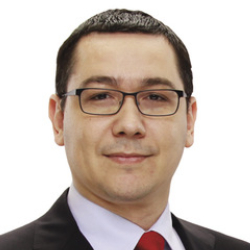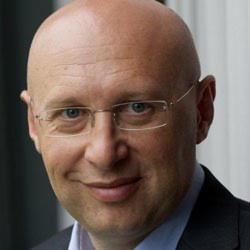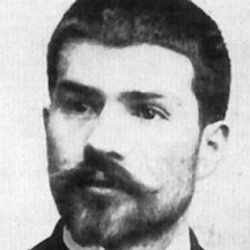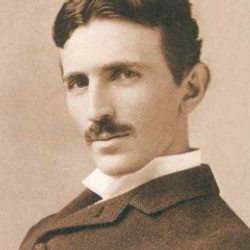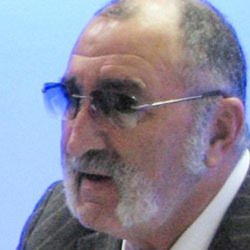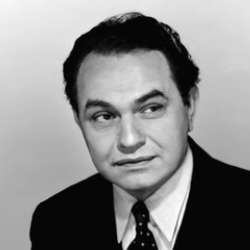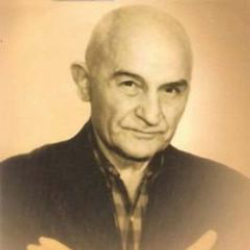Mircea Eliade Quotations
Mircea Eliade Quotes about:
-
-
-
-
-
-
Embarrassing Questions Quotes
It is not without fear and trembling that a historian of religion approaches the problem of myth. This is not only because of that preliminary embarrassing question: what is intended by myth? It is also because the answers given depend for the most part on the documents selected.
-
-
Religious Quotes
A religious phenomenon will only be recognized as such if it is grasped at its own level, that is to say, if it is studied as something religious. To try to grasp the essence of such phenomenon by means of physiology, psychology , sociology , economics , linguistics , art or any other study is false; it misses the one unique and irreducible element in it the element of the sacred .
-
-
Reality Quotes
When the sacred manifests itself in any hierophany, there is not only a break in the homogeneity of space; there is also a revelation of an absolute reality, opposed to the nonreality of the vast surrounding expanse. The manifestation of the sacred ontologically founds the world. In the homogenous and infinite expanse, in which no point of reference is possible and hence no orientation can be established, the hierophany reveals an absolute fixed point, a center.
-
-
-
Men Quotes
The history of religions reaches down and makes contact with that which is essentially human: the relation of man to the sacred. The history of religions can play an extremely important role in the crisis we are living through. The crises of modern man are to a large extent religious ones, insofar as they are an awakening of his awareness to an absence of meaning.
-
-
-
-
-
-
-
-
-
-
-
Men Quotes
Man becomes aware of the Sacred because it manifests itself, shows itself, as something wholly different from the Profane ... In his encounters with the Sacred, man experiences a reality that does not belong to our world yet is encountered in and through objects or events that are part of the world.
-
Reality Quotes
Do what he will, he [the profane man] is an inheritor. He cannot utterly abolish his past, since he himself is a product of his past. He forms himself by a series of denials and refusals, but he continues to be haunted by the realities that he has refused and denied. To acquire a world of his own, he has desacralized the world in which his ancestors lived; but to do so he has been obliged to adopt an earlier type of behavior, and that behavior is still emotionally present in him, in one form or another, ready to be reactualized in his deepest being.
-
-
-







